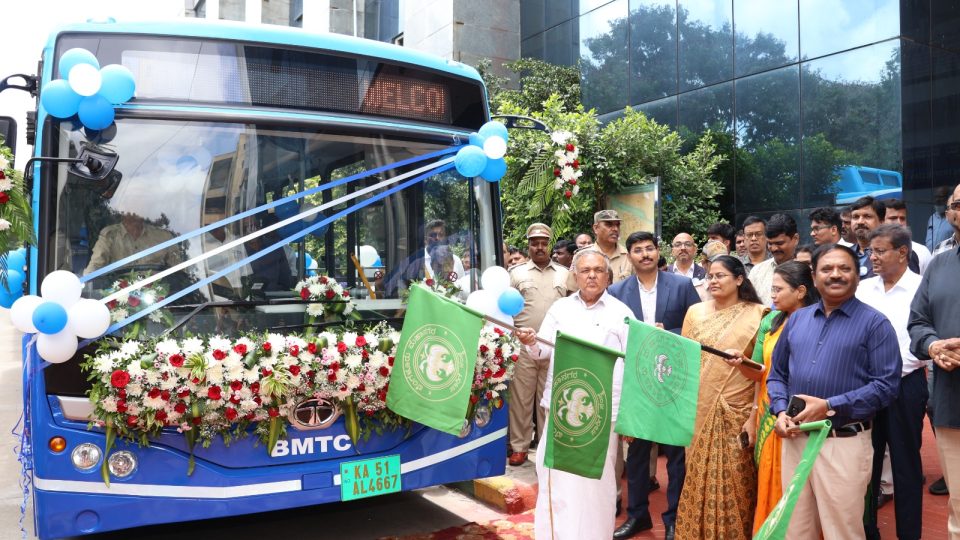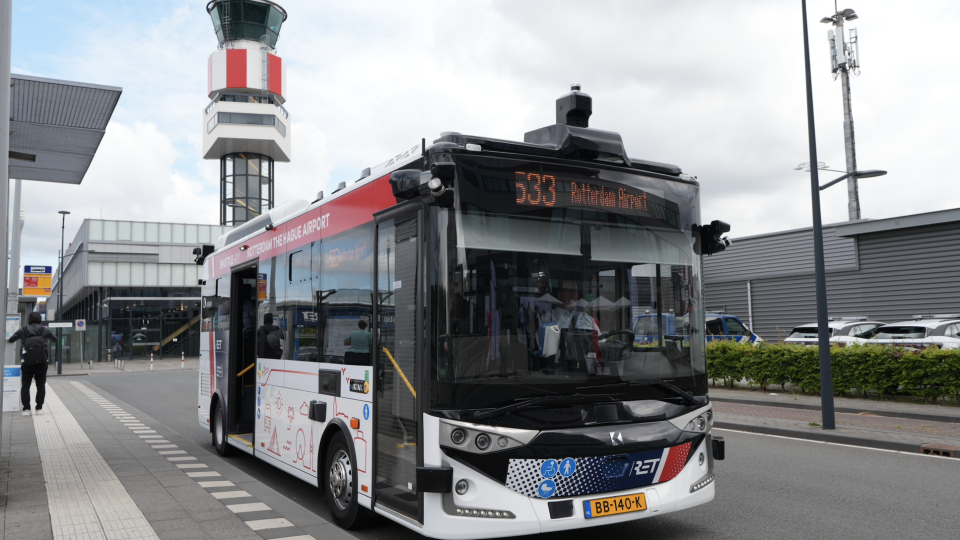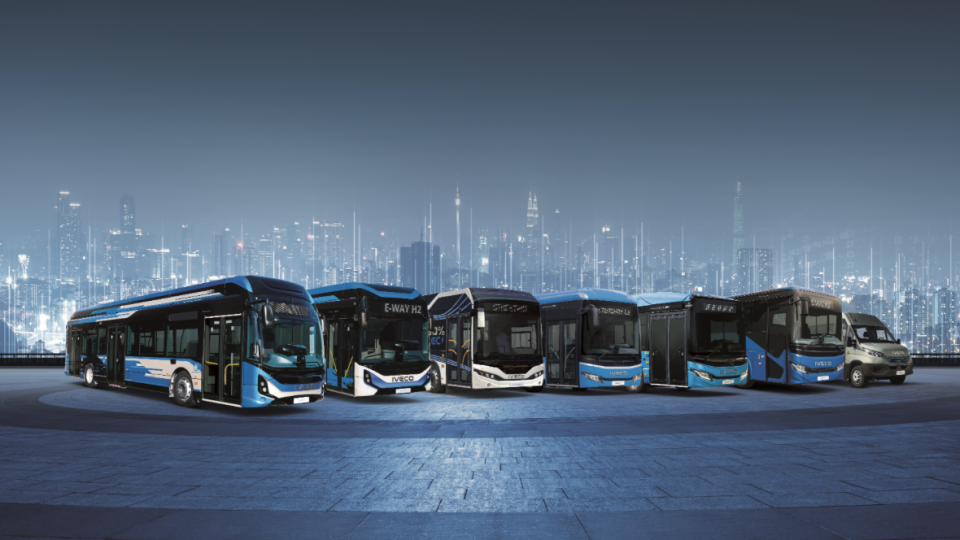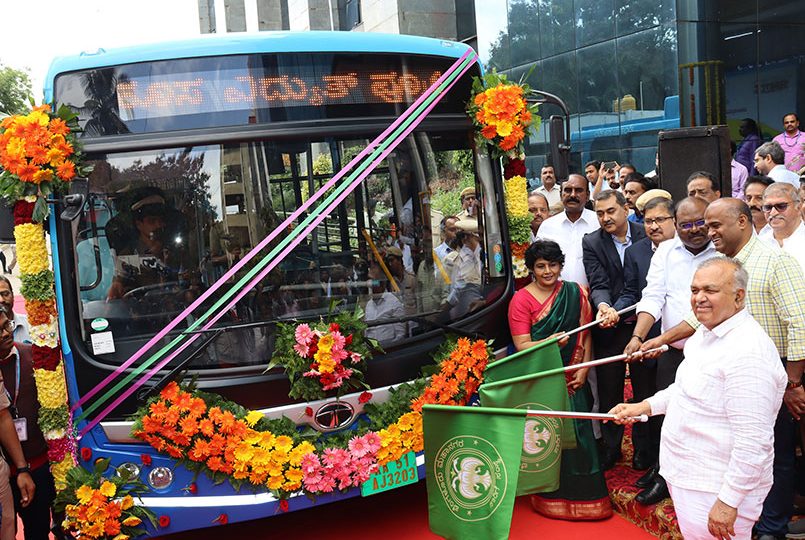Volvo Buses to end production of complete buses and coaches in Europe
Volvo Buses has announced that it will be ending production of complete buses and coaches in Europe as part of a new business model aimed at improving profitability and securing its long-term competitiveness. Wroclaw plant, where also electric buses are built, will be closed in Q1 2024. The manufacturer will concentrate on chassis production in […]
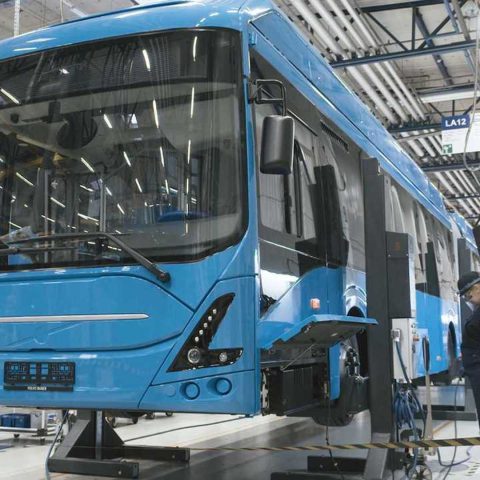
Volvo Buses has announced that it will be ending production of complete buses and coaches in Europe as part of a new business model aimed at improving profitability and securing its long-term competitiveness. Wroclaw plant, where also electric buses are built, will be closed in Q1 2024. The manufacturer will concentrate on chassis production in Europe and leave Volvo-based bodies to others.
The decision comes after years of losses in the European market, and Volvo Buses plans to implement a new model already successful in other markets.
Our business in Europe has been loss-making for years. With this business model, that we already today apply successfully in many markets, we will improve profitability and secure our long-term competitiveness
Anna Westerberg, President of Volvo Buses
Volvo Buses closes Wroclaw factory
According to Anna Westerberg, President of Volvo Buses, the company will continue to have the customer interface, offer a complete range of buses and coaches in partnership with selected external bodybuilders, and provide strong uptime service and a high standard of safety and quality. This will result in a leaner structure, improved flexibility, and the ability to better meet market requirements and customer demands.
Volvo Buses will continue bodybuilding manufacturing in Wroclaw until the first quarter of 2024, with orders for complete buses and coaches in Europe being delivered from the Wroclaw plant as planned. The company will also continue to give full service and support to both existing and new fleet offerings.
Volvo Buses sells Wroclaw plant to Vargas
As part of the transition, Volvo Buses has signed a Letter of Intent (LoI) with Vargas Holding, which will divest Volvo Buses’ premises in Wroclaw and re-purpose the facility for future growth. The LoI includes Vargas Holding’s aim to offer employment to parts of the Volvo employees, some as early as the third quarter of 2023.
The decision to end production of complete buses and coaches will affect around 1,600 positions at Volvo Buses, with approximately 1,500 of these being based in Wroclaw. Volvo Buses says it has initiated discussions with respective unions and will work with Vargas Holding, local authorities, and other parties to support affected employees in finding new employment opportunities.
Implementation of the new business model is expected to temporarily impact revenues in Europe during the transition period in 2024 and 2025. A restructuring provision of approximately SEK 1.3 billion (116 millions euros) will negatively impact operating income in the first quarter of 2023. The expected negative cash flow effect is estimated to be approximately SEK 1.0 billion, with the majority impacting 2024. Once the transition is completed, the move to the new business model is expected to make the European bus operation profitable.




